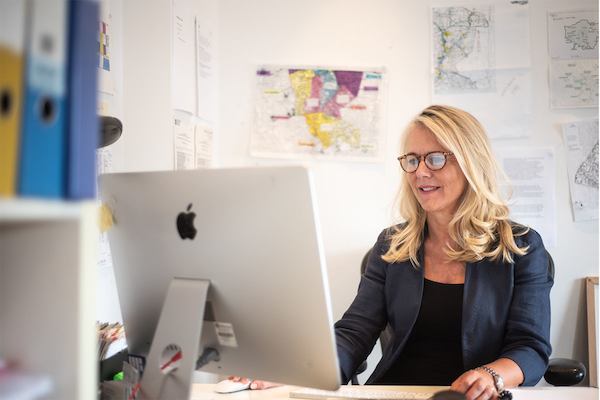Who is responsible for caring for those in later life? Today, a huge portion of later life care is provided by unpaid family carers – mostly women. But what happens when women are expected to work for longer and are no longer able to juggle caring for their older relatives with staying in the workplace?
A recent report from King's College London suggested that for every woman in her sixties working 30 hours a week, it costs £5,600 to make up for the care she would otherwise have provided for older relatives. Some have taken this as an argument against raising the state pension age or encouraging women to work for longer. Certainly, there are serious implications for the public purse of doing so. But instead shouldn’t this staggering figure be a prompt to think about who is responsible for caring for those who need it, and how this care will be provided in the future? With more of us set to live to older ages than ever before, and our social care system already at breaking point, it’s clear that simply leaving it to the women is not a sustainable or fair solution – especially if we want women to stay in the workplace for longer.
Currently a quarter of women aged 50-64 have caring responsibilities, compared to 17% of men. This follows a life-long pattern in which the burden of caring falls disproportionately on women – often at the expense of their careers and financial security. Throughout their lives, women are more likely to take time off for childcare, more likely to work part-time, and more likely to work in lower-paid jobs than men. Women are also less likely to receive a promotion after becoming a parent. The cumulative impact of this means that by age 50, women have saved an average of £56,000 – just half the £112,000 saved by men in their pensions.


